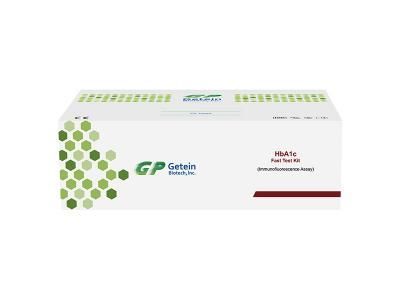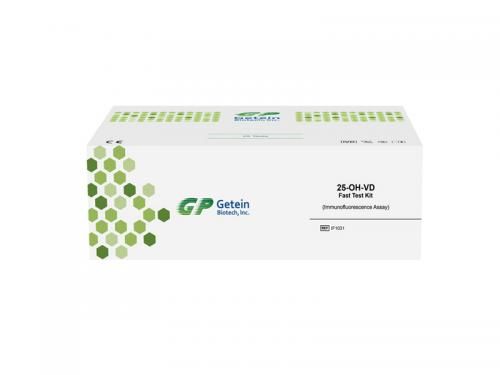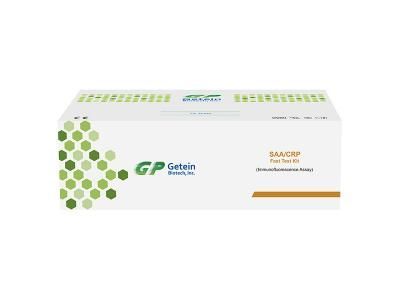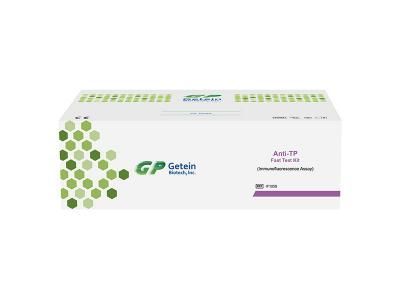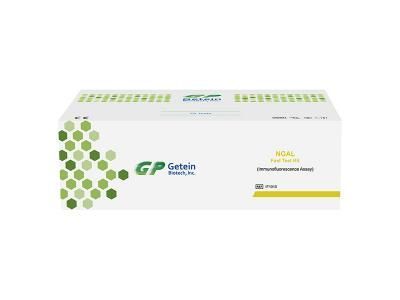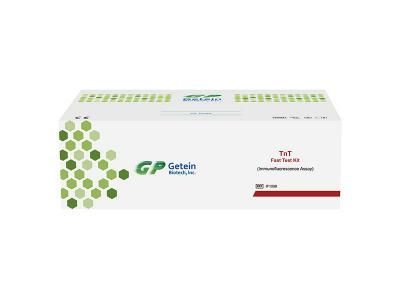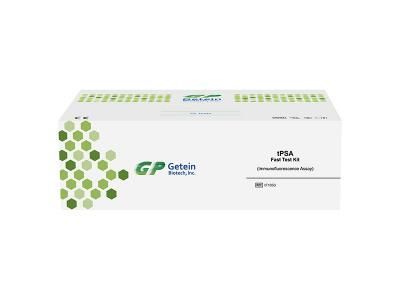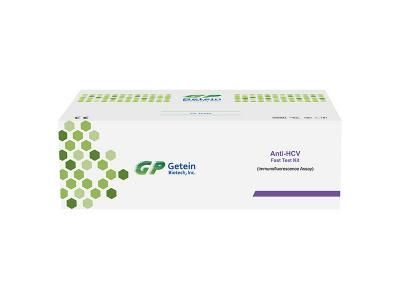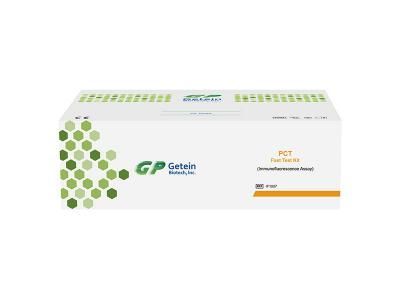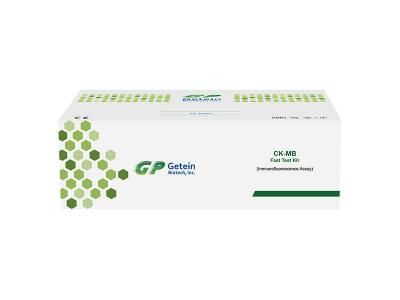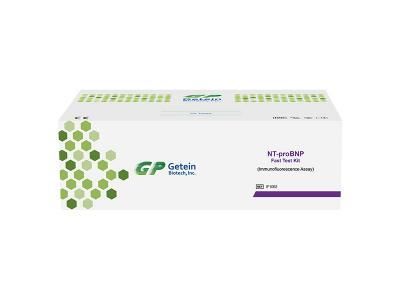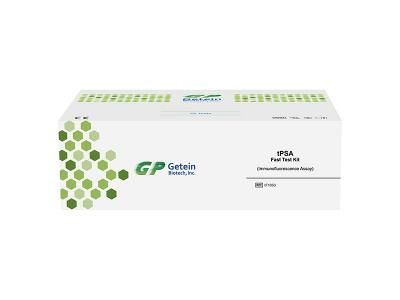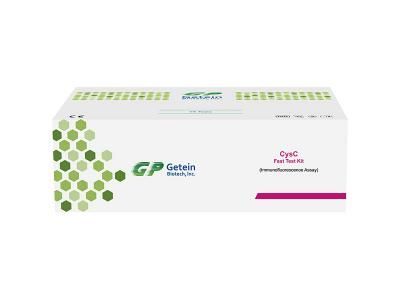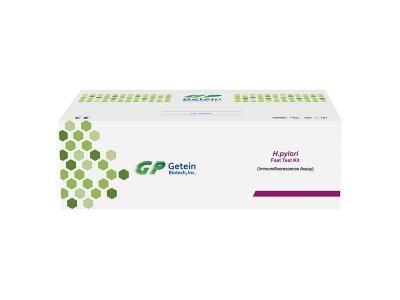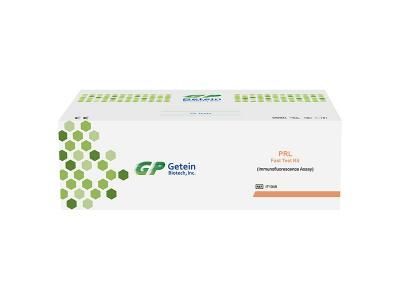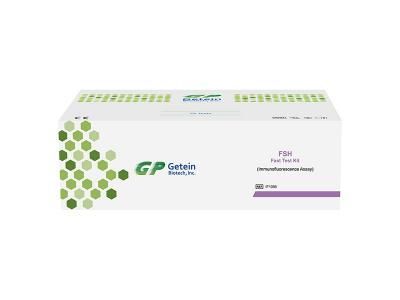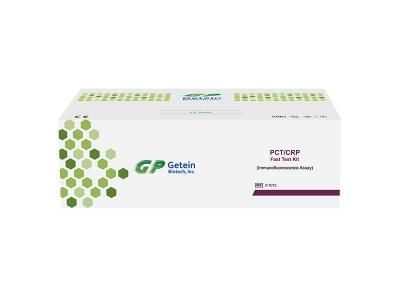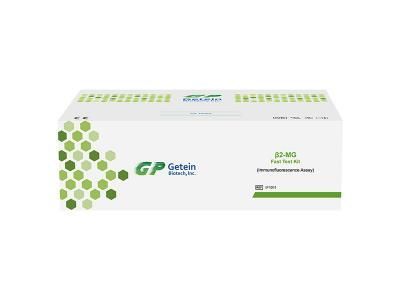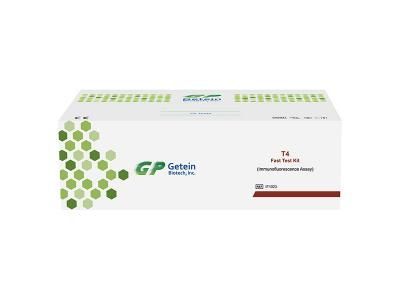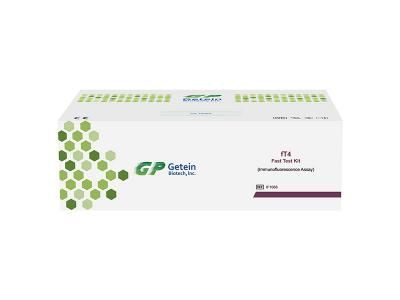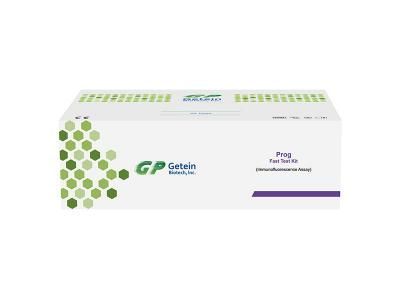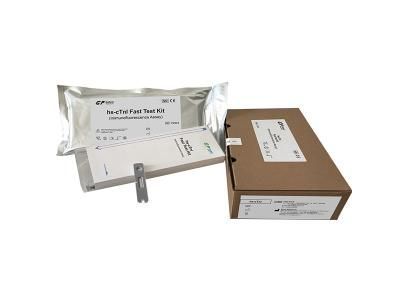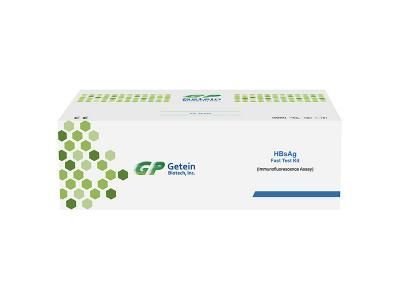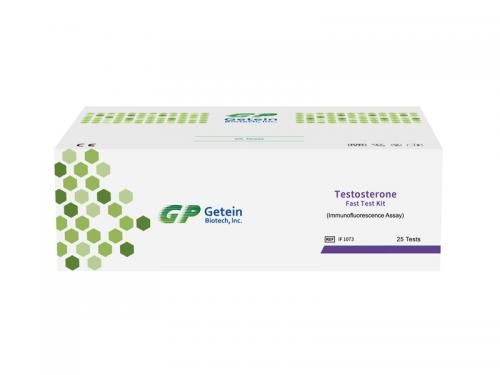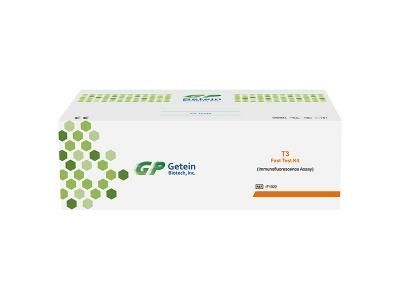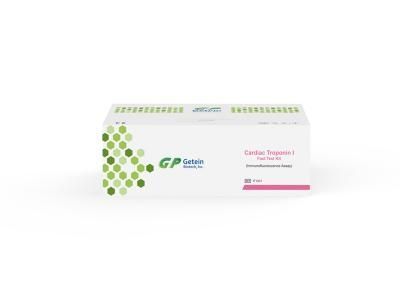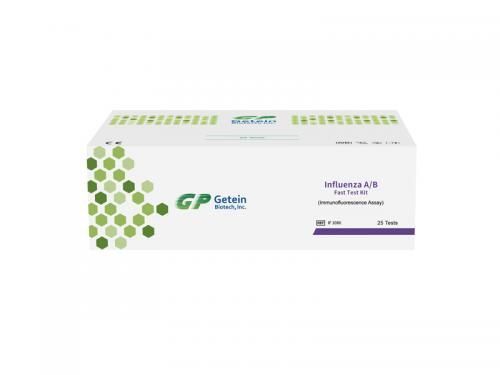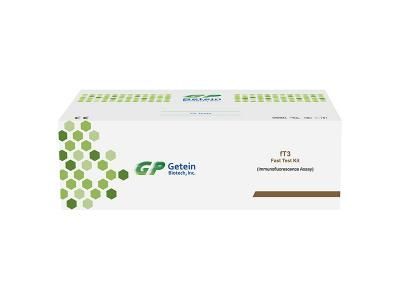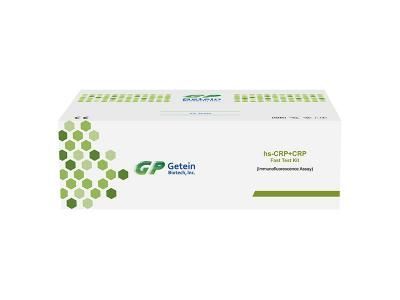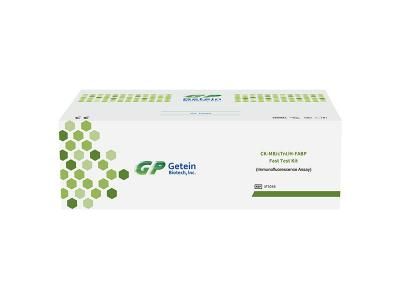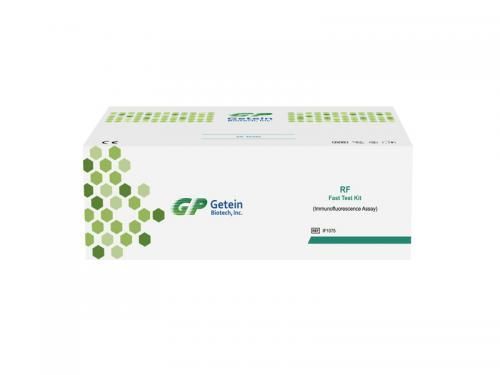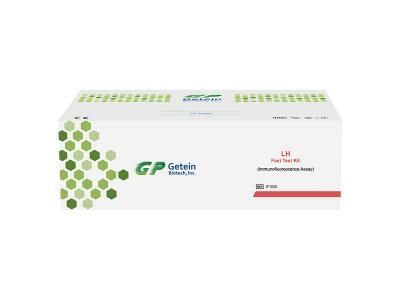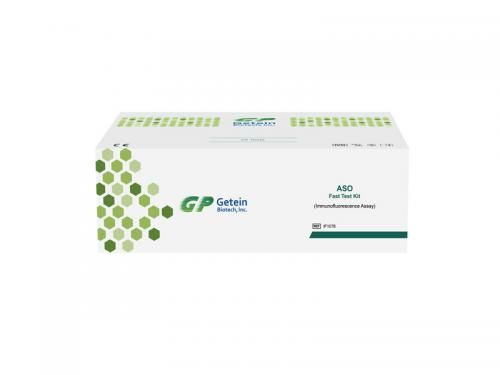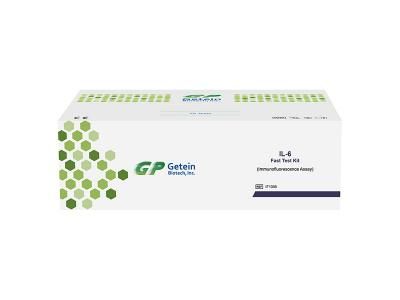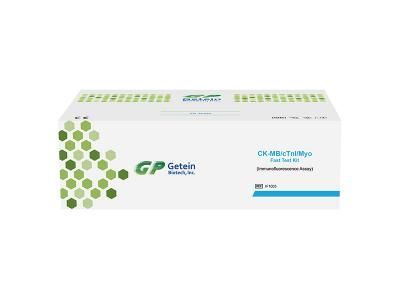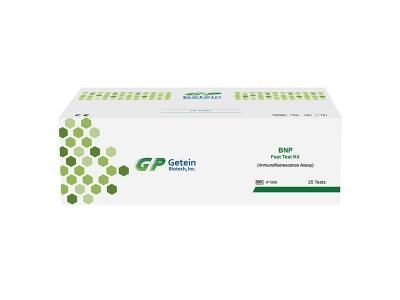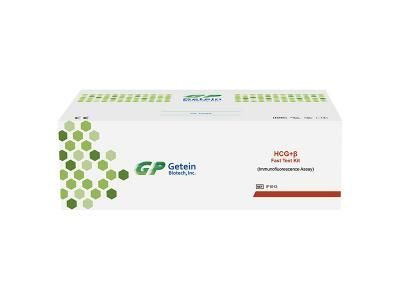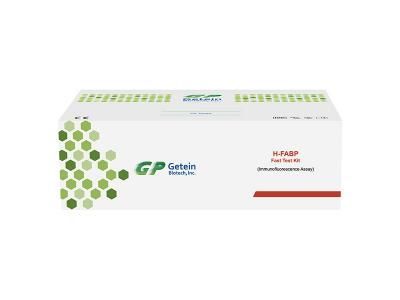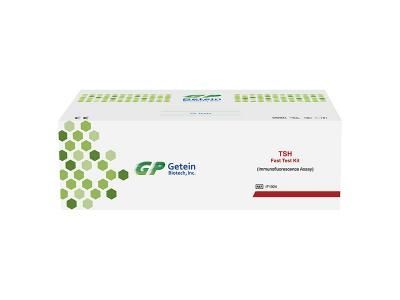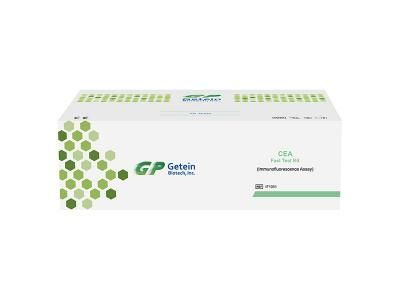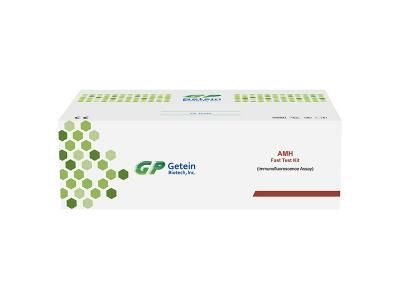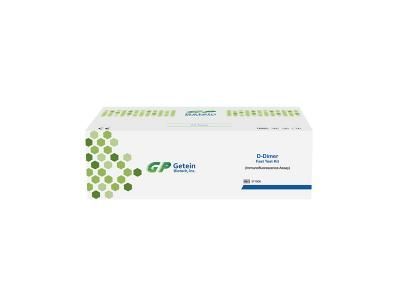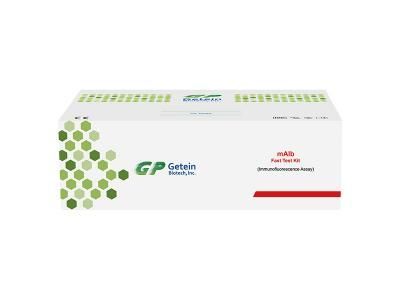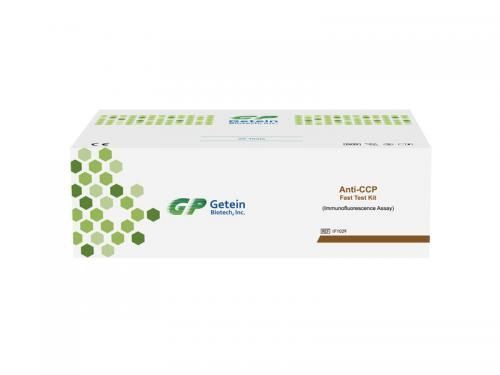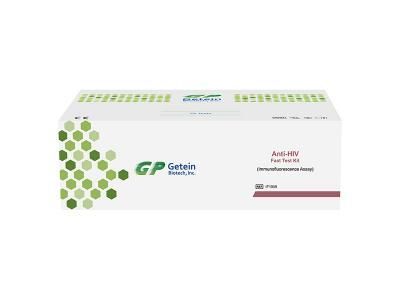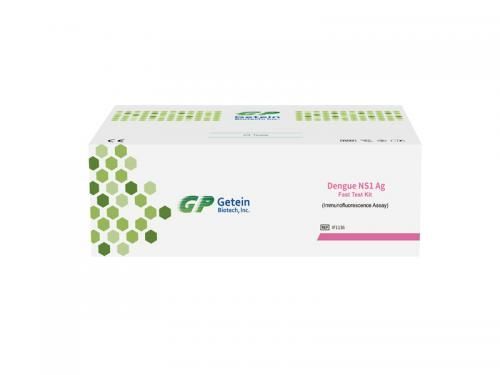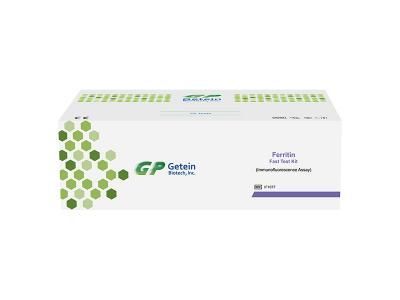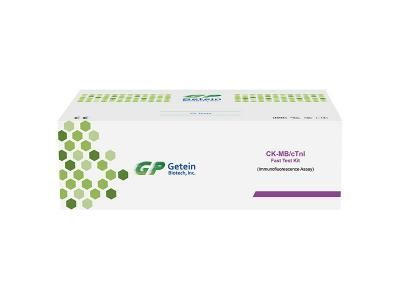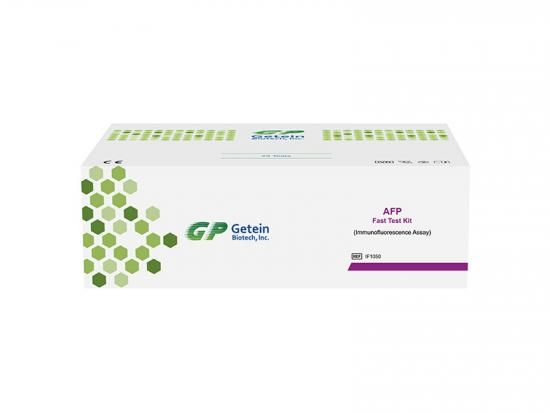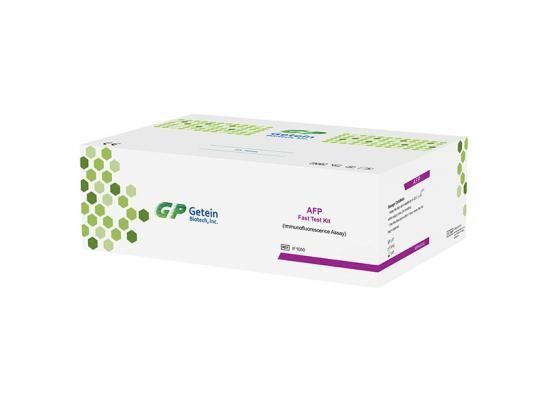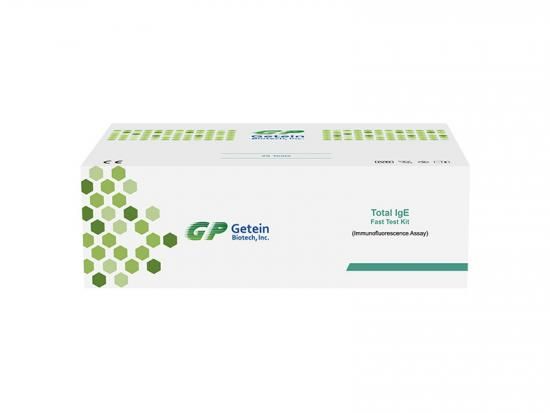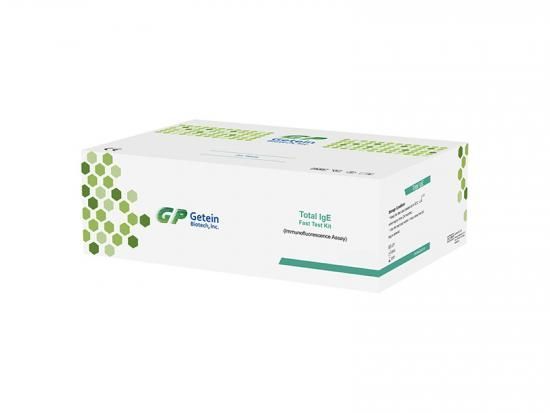Getein HbA1c Fast Test Kit is used as an aid for monitoring glycemic control in diabetics.
Intended Use
The HbA1c Fast Test Kit is intended for the quantitative measurement of HbA1c in human whole blood samples. This test is used as an aid for monitoring glycemic control in diabetics. Additionally, it can help identify people at risk of developing diabetes and supports ongoing monitoring.
About HbA1c
Hemoglobin is the protein molecule in red blood cells responsible for transporting oxygen and carbon dioxide in the blood. HbA1c, a form of glycated hemoglobin, is formed by the attachment of sugars to the hemoglobin molecule and is proportional to the average blood glucose concentration over the previous four weeks to three months. One advantage of using HbA1c for diagnosis is that it does not require fasting. While HbA1c is primarily used to monitor blood sugar control in diabetics, the World Health Organization (WHO) recommends it as a diagnostic test for diabetes, provided stringent quality assurance tests are in place and assays are standardized to international reference values.
Contents
For Getein 1100/Getein 1180
Package specifications: 25 tests/box, 10 tests/box
HbA1c test card in a sealed pouch with desiccant
Capillary pipette
Sample diluent
User manual: 1 piece/box
SD card: 1 piece/box
For Getein 1600
Package specifications: 2×24 tests/kit, 2×48 tests/kit
Sealed cartridge with 24/48 Getein HbA1c test cards
User manual: 1 piece/box
Materials required for Getein 1600:
- Sample diluent: 1 bottle/box
- Box with pipette tips: 96 tips/box
- Mixing plate: 1 piece/box
Note: Do not mix or interchange different batches of kits.
Specifications
Test Item:
HbA1c
Sample:
Whole Blood
Method:
Immunofluorescence Assay
Storage Condition:
4-30℃
Detection Range:
2.00%-14.00%
Test Time:
5 min
Cut-off Value:
3.80%-5.80%
Shelf Life:
24 months
Applicable Devices
- Getein 1100 Immunofluorescence Quantitative Analyzer
- Getein 1180 Immunofluorescence Quantitative Analyzer
- Getein 1600 Immunofluorescence Quantitative Analyzer
Clinical Applications
- Aid in diabetes screening.
- Diagnose and monitor long-term glycemic control.
- Predict the risk of developing complications.
- Diagnose and monitor gestational diabetes mellitus (GDM).
- Differential diagnosis of stress hyperglycemia and diabetes.

